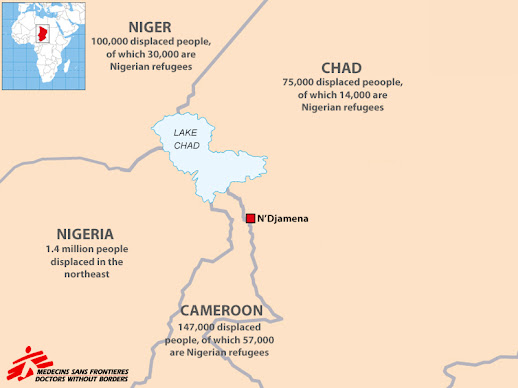Introduction to Water and Conflict in Africa
Welcome to my blog!
I hope to provide over the next few weeks a space of discussions and interactions on Water and Political Conflicts in Africa. This first post will serve as an introduction on transboundary water resources in Africa and its unfolding disputes and cooperation efforts.
As Binyavanga Wainaina highlights, Africa is often represented as ‘one country’, ‘enemy of development’, ‘doomed’, ‘to be pitied, worshipped or dominated’ (2019). I think the focus on water and conflict fairly shows the opposite.
Water is a very complex resource, particularly in Africa, as it struggles from high seasonality gaps and great precipitation and relief variability while needing to address the challenges of global warming, rapid urbanisation and population growth. Africa counts 63 international river basins, shared by two or several countries, spread over 64% throughout the continent (UNEP, 2012).
Although Africa’s current political geography has been deeply influenced by Europeans powers and colonialism, it is crucial to avoid the stereotypical accusation of ‘the West’(Wainaina, 2019), to which I will be careful when writing about water and political conflict. Water stress, quality, quantity, unequal distribution and timing appear as crucial factors of a conflict over transboundary water resource (Taylor, 2004/Goulden, Conway, Persechino, 2010).
Yet, cooperation over shared water resources is not be forgotten in the discussion on water conflicts as it highlights the possibility of ‘water as a binding factor’ (UNEP, 2012). Such collaboration mechanisms highly contribute to the development of the states involved by fostering joint projects (hydropower for instance), regional integration and environmental preservation initiatives (Goulden, Conway, Persechino, 2010).
This a subject full of nuances, complexities and richness that I am sure will be remarkable to study. I hope you will enjoy it! Because the subject is so wide, I will focus on the case of the Lake Chad region. But more on that in my next post!
Thank you for reading!




Very interesting read! I really like how you set up your blog on exploring the complexities around water and conflict. I think you could enhance the opening paragraph by providing one sentence which illustrates the significance of exploring water and conflict in relation to the complexity you go on explain below. In other words, something like: '...is a fascinating subject in human ecology because its complexity, which touches upon various areas such as geography, legal rights, climate change. I will now explore xyz".
ReplyDeleteI really like how you have provides some detail around three levels of complexity here. Perhaps consider drawing these out more in relation to your argument by signposting. For example, you could say things like: "To start, complexity arises around X" and/or "Another layer of complexity is Y" etc.
(GEOG0036 PGTA)
Thank you for the great feedback! I will use it for my next posts!
Delete